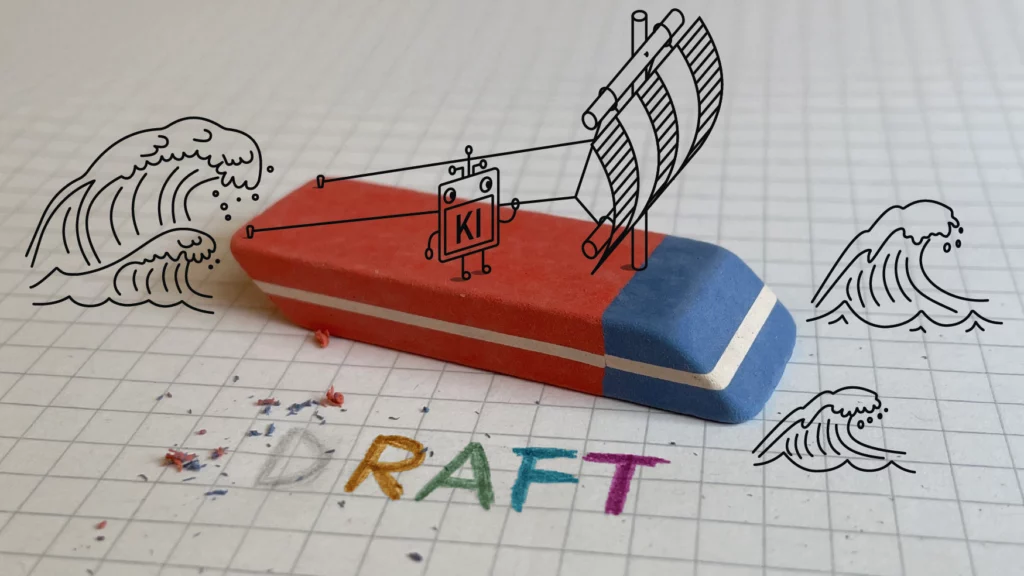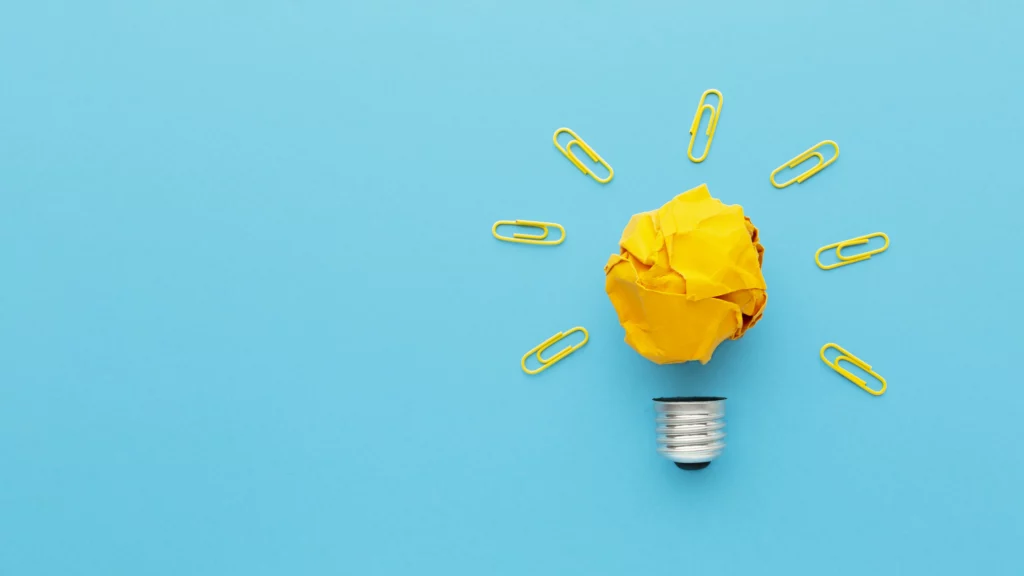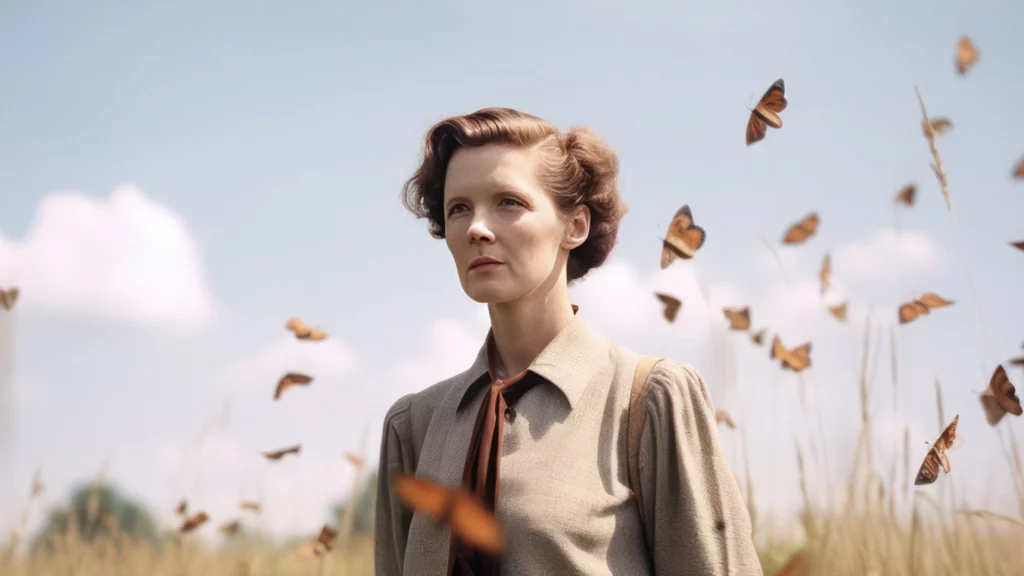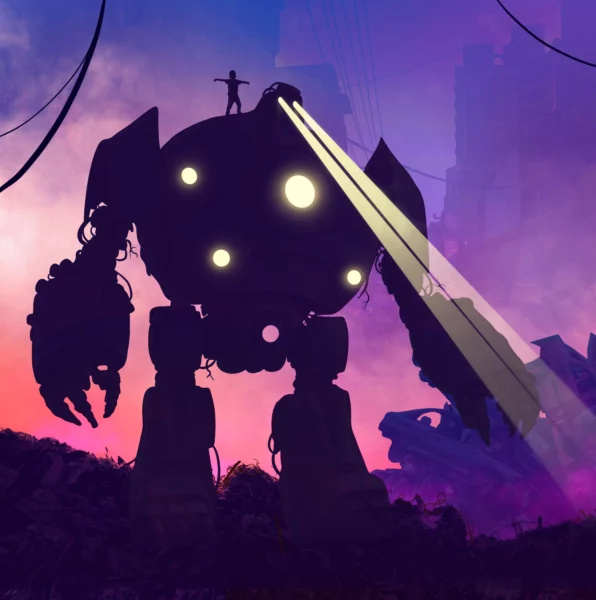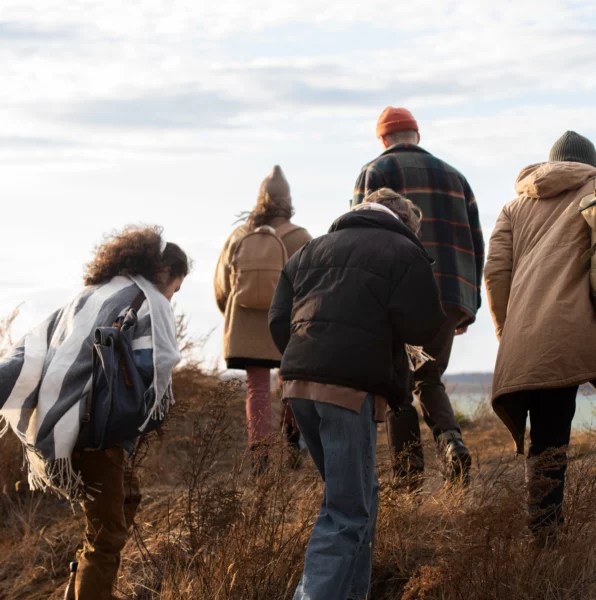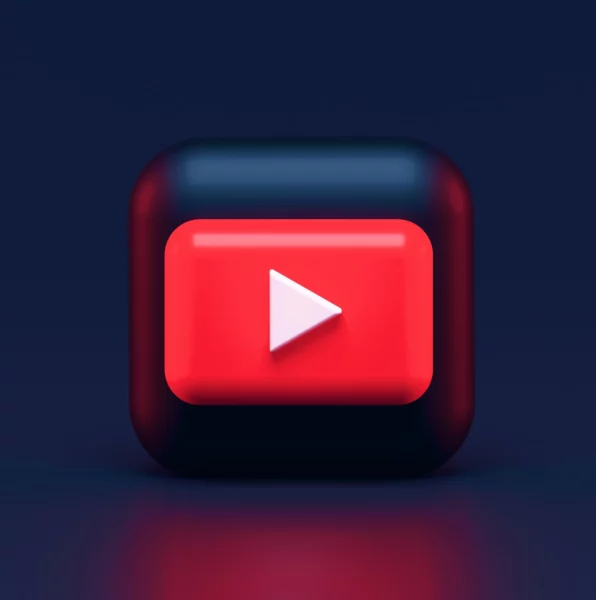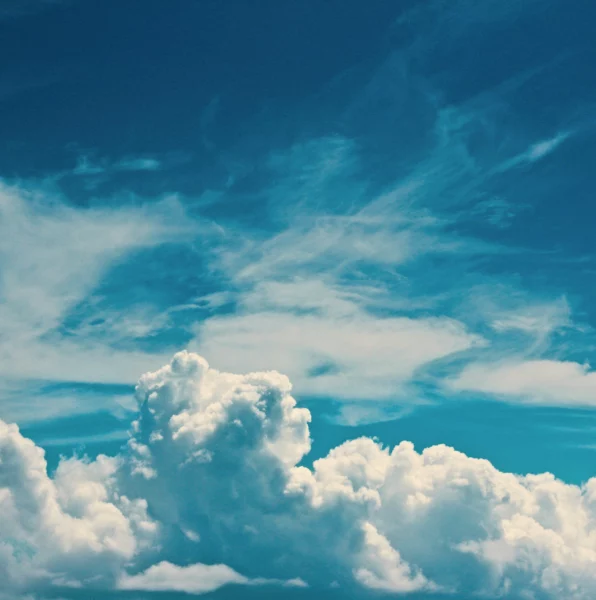For ten years, Native Scientists has aimed to break down barriers to science and give migrant children equal opportunities. Joana Moscoso, co-founder and director, talks about the value of language, the feeling of „giving something back“ and her plans for further professionalization.
10 Years „Native Scientist“
Mrs. Moscoso, “Native Scientists” is a non-profit project that seeks to foster scientific literacy and language development among marginalized children by bringing together scientists and children who speak the same language. How did the idea arise?

The idea came up at a pub in London while talking with colleagues about the social responsibility of the scientific community. It is connected to my own personal story. I come from a place in the north of Portugal, in the middle of green mountains, very peaceful and beautiful – but without any contact to science or higher education. At the age of nine, I learned about bacteria in school. To find out that there is this living world around me that I couldn’t see just blew my mind. That was when I decided to become a scientist. But when I told people around me they were shocked and couldn’t understand my desire. And hearing that, when you are nine years old, makes you doubt your idea. But I had a strong will that allowed me to choose my passion. So, I studied biology and specialized in microbiology. When I felt like a scientist for the first time during my PhD, I felt the need to go to schools to talk to children about my work, to break this barrier of access to science that I had felt as a child.
At that time, you were working in London and at first you spoke to the children in English. How did that make you feel?
Classes in London are very multicultural. I soon realized that the barrier of access to science was not the same for every child. For migrant children it was higher than for non-migrant children. Tatiana Correia, who is also a scientist and co-founded the project, reinforced the idea that there were inequities in education and this thought opened my eyes. It was strange for me to go to schools in London and speak in my English with an accent. This raised the question: couldn’t we achieve more by speaking to migrant children from Portugal or Portuguese-speaking countries in their home language?
The EU and the UN report that migrant children are on average twice as likely to underachieve in science as their non-migrant peers. You also mentioned the higher barriers for these children. What are the reasons for those higher barriers?
It’s a combination of very different factors. According to these reports, barriers include school language proficiency, parental engagement in children’s education, socioeconomic status, or prejudice towards heritage cultures. Some other reports that look specifically at the challenges that migrant children face in school also point to the fact that teachers have lower expectations for ethnic minority children. So, if the teacher doesn’t believe they can do well, it is hard for the children to do so.
You conducted the first Native Scientists workshop together with other Portuguese scientists. What was it like to speak to the children in your mother tongue?
It was a great success. What happened there was beautiful because we scientists never had the opportunity to do science communication in our mother tongue while living abroad. So, we were happy to communicate science and especially to do it for children. For us, it felt like giving something back to our home countries, even though we were living abroad. And the kids were so excited that they could not even sit still in their chairs. They were always asking questions and were interacting with the scientific materials we brought.
How did the project evolve?
At first it was supposed to be a one-off event. But it was so special that we could not let it happen just once. We luckily won a couple of social entrepreneurship competitions that supported our plan. This gave us the incentive to create a social. And soon we replicated the project to other languages in London, expanded to other cities in the UK, and then to other cities in Europe. Today, we are active in nine European countries, in twenty-eight cities and we cover 10 different languages.
Why do you think it makes such a difference to speak to these children in their mother tongue?
Let’s imagine a migrant child living in London. Everything exciting is likely to happen in English: entertainment, trips to museums, hobbies. The mother tongue is spoken at home with the parents. It is the language of home education: go brush your teeth, go make your bed. So, Native Scientists is special for these children because first of all, it creates a memory in their native language which is something rare for them. Having the experience in their school setting validates their identity and values their multilingualism. When we interview the children before the workshop they often feel ashamed to speak in their mother tongue. After the workshop they are proud to speak more than one language. Language is part of one’s identity and culture, so to have this exposure is really important for the development of these children.
How do you prepare the scientists when they meet the children in the workshops for the first time?
We have an online training for our volunteers every month. It is very much appreciated by the scientists. We give specific tips on how to communicate science effectively and in an inclusive manner taking into consideration the format of the program and the specific context of interacting with migrant children.
Can you give an example of some of these tips?
One of the tips is to identify and choose one or two key words for each scientific concept the scientists introduce. And to provide diverse ways of delivering the same message to accommodate the different learning preferences of children. Because some children can learn by listening, others need to read, and others need to write in order to really process.
What do you want the children to take away from the workshops?
Our ambition is not that all of these children become scientists. But what we want them to understand is that science is everywhere and part of our lives and that they can become a scientist if they want to. Another ambition is to reduce the number of children who never meet a scientist in their school education. On average, 75% of the children we reach say that they have never met a scientist before.
How do you recruit scientists for the program?
The two main ways we find scientists is through word of mouth and people finding us through our website and partnerships. We partner with scientific institutions that have a technological or research base.
Sometimes we have specific needs for a language in a specific city. Then we have to find scientists who can volunteer. But in fact, only ten percent of the scientists who register on our website actually volunteer because we do not have enough operational capacity to meet all the requests. So, if we didn’t have financial constraints, we could have a lot more scientists sparking interest for science through our program.
What are your goals for the future?
This is a very interesting question for us at this time because for more than eight years Native Scientists has been an organization that was run hundred percent by volunteers. About two years ago, I quit my job in a private deep tech company and decided to dedicate my time to Native Scientists. Thus, we have professionalized the organization in the last two years. We are still very much a volunteer organization, but now we have five members of staff that are paid. The future means continue this process of professionalization and grow our impact in a way that is sustainable. We want also to raise awareness about our mission, partner with institutions with similar values, and drive a systems change where scientists are engaged in science communication and social entrepreneurship as a way to create a positive impact in education and society at large. 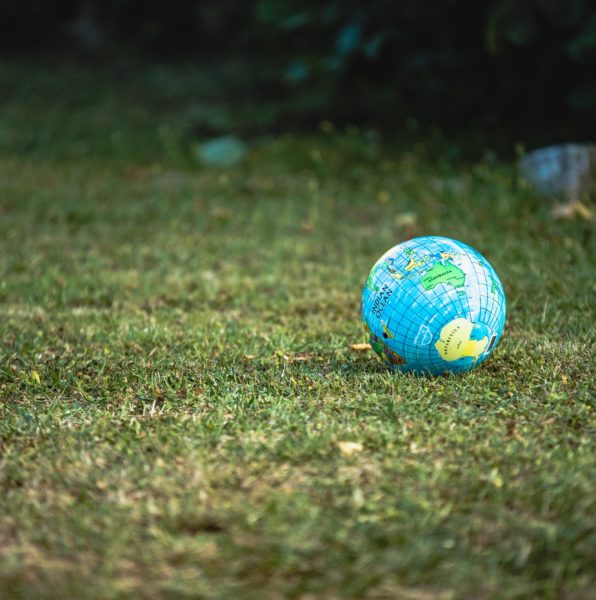
The program has been running for ten years. Do you have any information about children who actually became scientists after attending a Native Scientists workshop?
Yes, a Portuguese teenager called Tiago attended our second workshop about nine years ago. He later got in touch with us to say that he had been accepted to study physics at Kings’ College London. He wanted to thank us and said that our workshop gave him the confidence to believe that it was possible for him to study Physics at university. He is now doing a PhD. Our wish is that we have more Tiagos in this world and that more children have the confidence to follow their dreams and passion in relation to their career.
